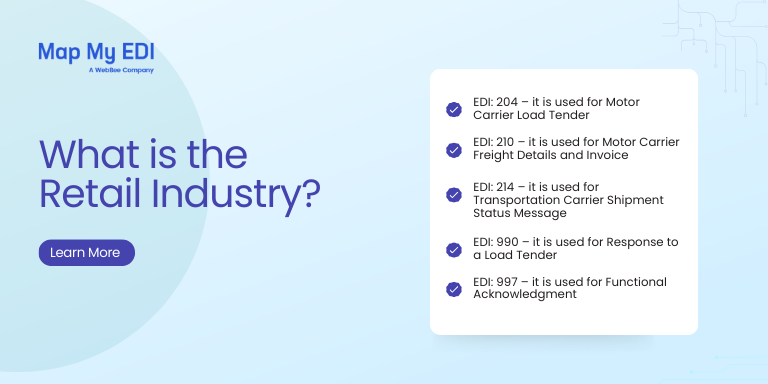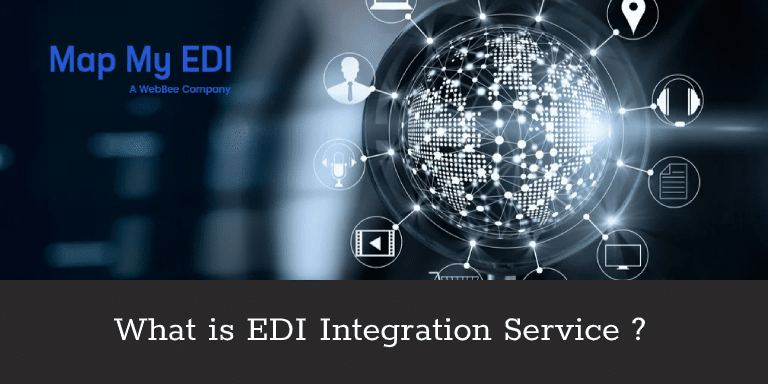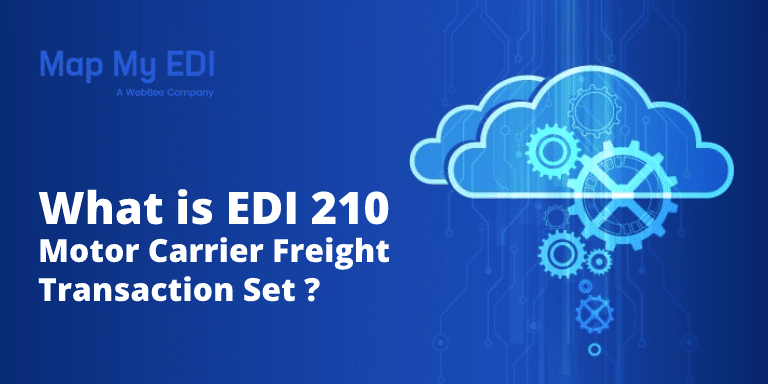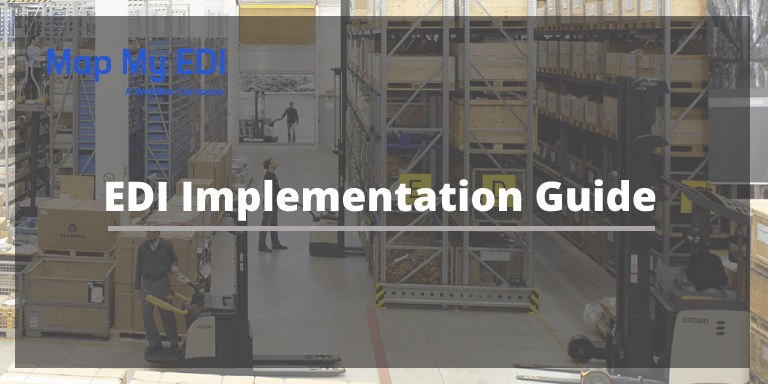EDI Retail
We all know that the retail industry is one among the busiest industries in the world. It has to be the busiest because it deals in providing service and good to customers. And for this industry it is common to have the data and information transactions happening. It is not easy to manage the transactions. But not to worry, EDI is here to help in data transactions.
What is the Retail Industry?
Retail industry is a revenue earning industry by selling the goods and services obtained through distributors through many channels to earn the profit. From shopping malls to small shops near your area all fall under the retail industry.
What is EDI and what does EDI stand for in retail?
Electronic Data Interchange is an electric version of software used for the transaction of data and documents like shipping details, invoices, receipts, payment details and many more. This is a complete business to business transaction software with complete encryption.
What is Retail EDI?
EDI for retail industry or Retail EDI, is a process and methodology used by the retailers to have the communications regarding business electronically. So what does EDI mean in retail? EDI in the retail industry replaces the manual processes which were originally done with the help of post mail, email, papered purchase orders or faxes.
What is EDI in retail?
EDI for retail is beneficial for two retailers or the retailer and distributor to exchange the data and documents like inventory details, payment sheets, expenses sheet, stock availability and other similar documents which are transmitted electronically. And the best part of retail EDI transactions is that it’s completely automatic. So there isn’t any need for regular human interference in this process.
How does EDI in retail management work?
All the parties who are involved in this inventory management process have an internal server which is used for communicating the vital information electronically. Let us take an example, assume that a retailer has a purchase order, the information of the PO is automatically sent to the EDI system of the vendor. And when it comes to shipping, the label is auto generated for each and every pallet or the carton. EDI system will also send the vendor’s shipment information and details to the retailer with the invoice attached to it. That is why EDI requires minimal human interference for most of its transactions. Some more benefits in the EDI retail industry is that it will increase and improve the order accuracy and inventory management.
This is all about the working of the EDI retail industry. But to make this more streamlined and understandable, EDI has retail EDI transaction sets.
What are Retail EDI transaction sets?
EDI transaction sets or EDI transaction codes are the shortcut key codes used by EDI users to ease down the process of data transactions. Here is the list of EDI transaction codes used in retail industries.
Transaction Codes for Transportation and Logistics industries
- EDI: 204 – it is used for Motor Carrier Load Tender
- EDI: 210 – it is used for Motor Carrier Freight Details and Invoice
- EDI: 214 – it is used for Transportation Carrier Shipment Status Message
- EDI: 990 – it is used for Response to a Load Tender
- EDI: 997 – it is used for Functional Acknowledgment
Transaction Codes for Manufacturing and Retail Industries
- EDI: 810 – it is used for Invoice
- EDI: 820 – it is used for Payment Order/Remittance Advice
- EDI: 832 – it is used for Price/Sales Catalog
- EDI: 850 – it is used for Purchase Order
- EDI: 852 – it is used forProduct Activity Data
- EDI: 855 – it is used for Purchase Order Acknowledgment
- EDI: 856 – it is used for Ship Notice/Manifest
- EDI: 860 – it is used for Purchase Order Change Request – Buyer Initiated
- EDI: 867 – it is used for Product Transfer and Resale Report
- EDI: 997 – it is used for Functional Acknowledgment
Transaction codes for Health care and medical industries
- EDI: 270 – it is used for Eligibility, Coverage or Benefit Inquiry
- EDI: 271 – it is used for Eligibility, Coverage or Benefit Information
- EDI: 834 – it is used for Benefit Enrollment and Maintenance
- EDI: 835 – it is used for Health Care Claim Payment/Advice
- EDI: 837 – it is used for Health Care Claim
- EDI: 999 – it is used for Implementation Acknowledgment
The above codes come in handy for the system operators of EDI.
Electronic data interchange has always been a boon for its users. And when it comes to retail industries, we all know that it is a very busy and engaged industry. With the implementation of EDI in the retail industry, the retailers can earn more profit as EDI eliminates the confusion regarding transactions. There are a lot of companies that provide EDI services. One of the best companies among them is Map My EDI by WebBee. They offer a wide range of EDI services to almost all types of industries. You can visit their website to know more about their offerings.
If you are looking for the best Retail EDI for your business then, you can talk to our EDI Consultant because we have a professional team of EDI Developer.





